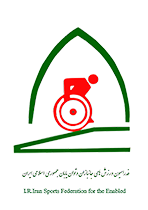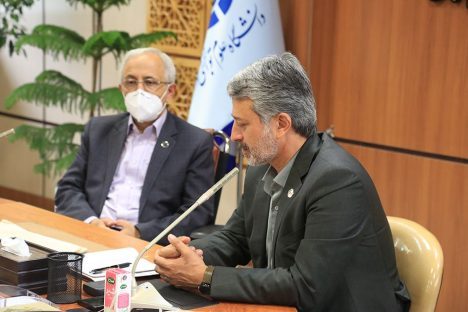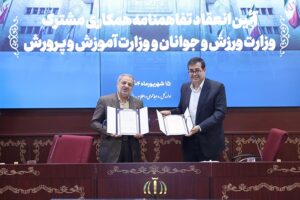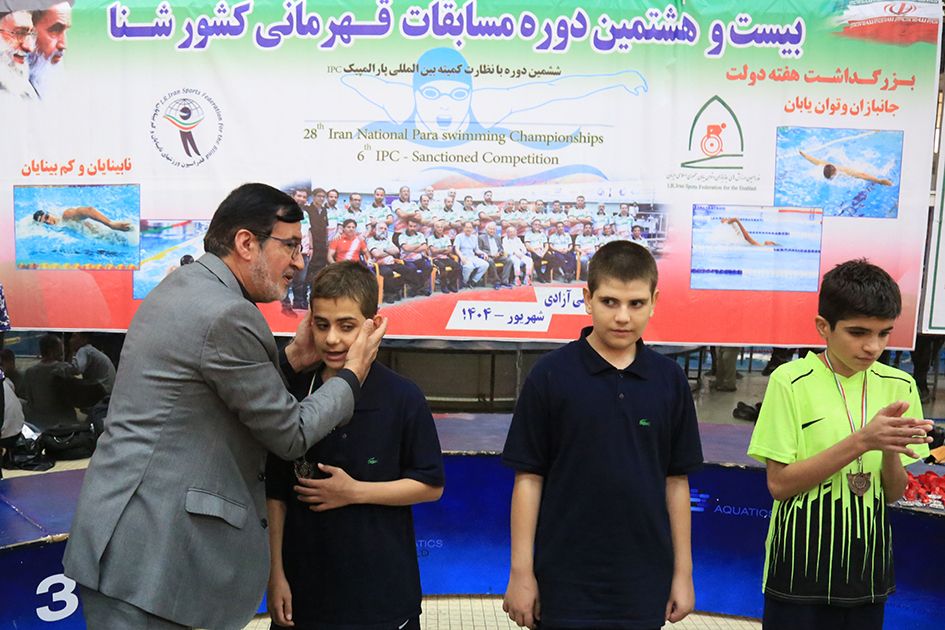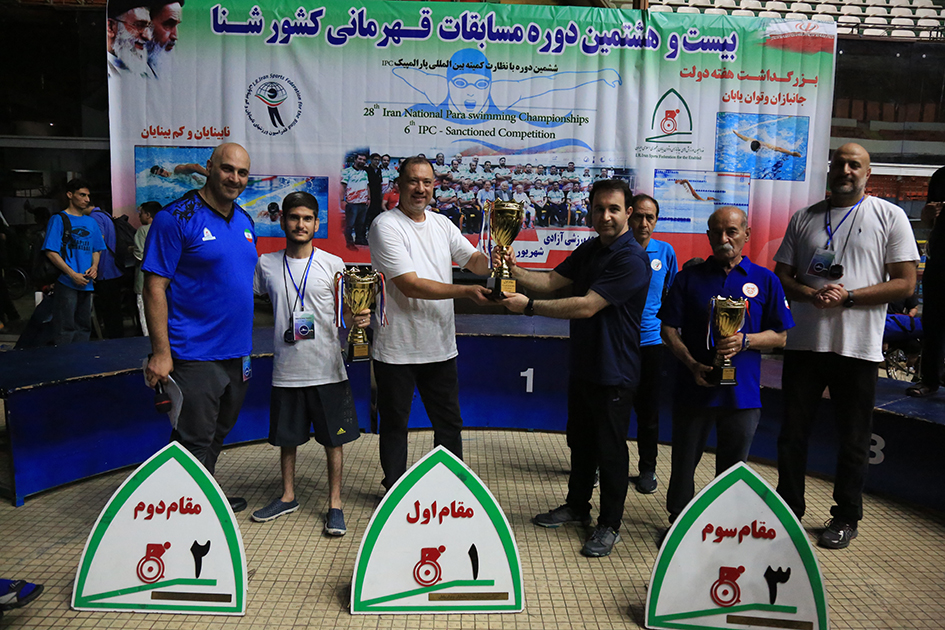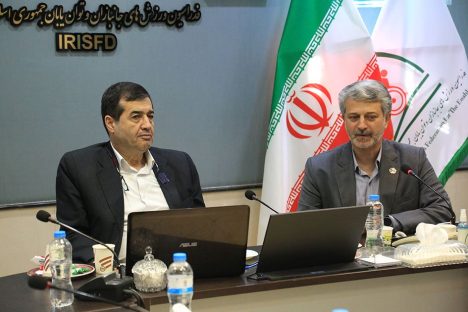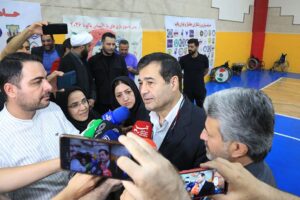According to the Public Relations of the Federation , a specialized meeting was held to utilize rehabilitation sciences for the development of sports in this field. The meeting was attended by Dr. KoohpayeZadeh (President), Seyed Bagheri (Advisor), Dr. Nasiri (Vice President), Gilani Nejad (Project and Planning Manager), Dr. Ofoqi (Education Manager), Mostafavi (Head of Talent Identification and Student Committee) from the federation, and from the University of Rehabilitation Sciences and Social Health: Dr. Hosseini (President), Dr. Mousavi (Head of Technical Orthopedics), Dr. Mirzaei (Head of Occupational Therapy), Dr. Pour Shahbaz (Head of Clinical Psychology), Dr. Sabzi (Head of Social Work), Dr. Eshtari (Head of Speech Therapy), Dr. Javangbakhsh (Head of Audiology), Dr. Khosh (Head of Rehabilitation Counseling), Dr. Pandpai (Head of Physiotherapy), and Dr. Rahmani (Professor).
Highlights from Dr. KouohpayeZadeh’s Remarks:
To advance and sustain success in disabled sports, it is essential to employ scientific methods in collaboration with academics.
A scientific approach coupled with determination and effort is necessary to achieve greater success among national athletes.
Globally, the development of sports for people with disabilities increasingly relies on scientific methods. To maintain our position among the top teams, we must move toward scientific sports preparation, utilizing the latest methods to optimize athletes’ physical and psychological readiness for international competitions.
Thanks to outstanding results in the Paralympic and Para-Asian Games, our country ranks among the world’s top nations. Our athletes have shifted perceptions from pity to inspiration and become influential members of society.
To continue this progress, more mental and cognitive assessments are required to increase national athletes’ achievements through data and scientific approaches.
He expressed hope that through collaboration between the federation and the University of Rehabilitation Sciences and Social Health, the goals of disabled sports will be realized.
Conclusion:
It was agreed that a joint working group consisting of representatives from the federation and the University of Rehabilitation Sciences and Social Health would be formed. This group will utilize the university’s scientific facilities and equipment to support the development of sports for the disabled and injured according to the federation’s needs.

